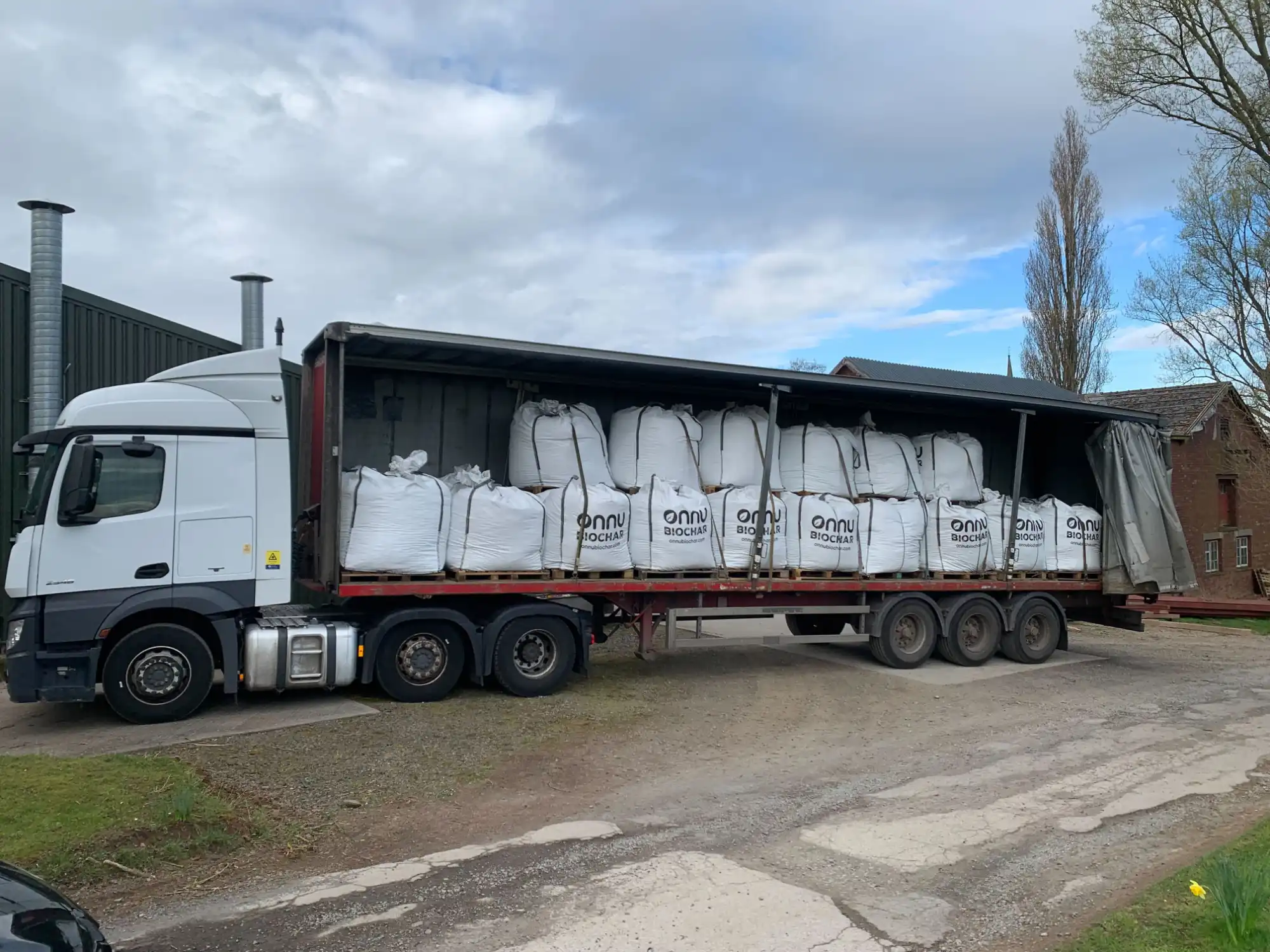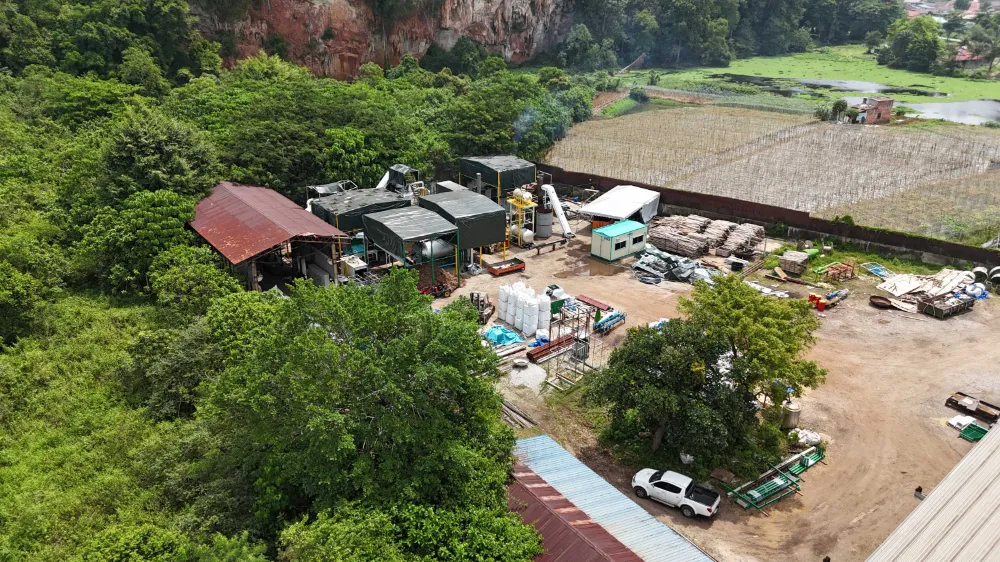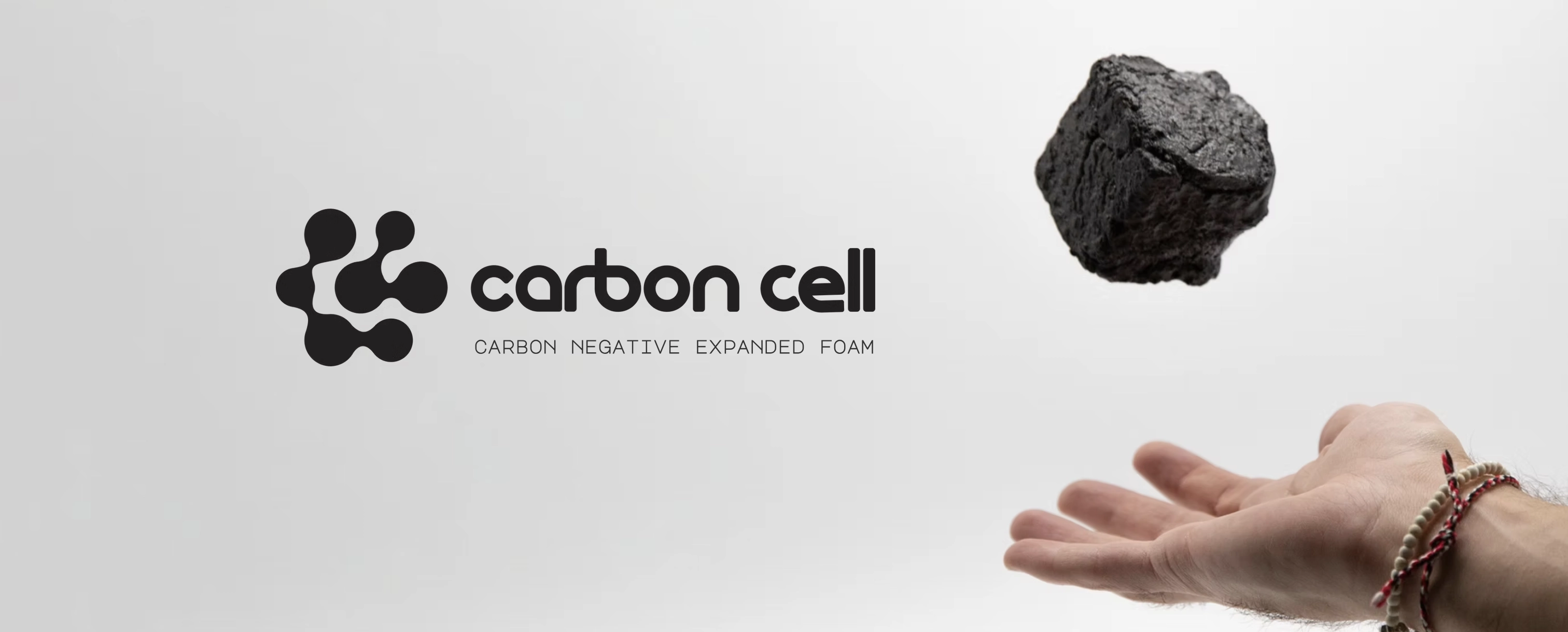Make sustainable choices. Always.
Onnu's mission is to develop the biomass products industry for the environmental impact it can have; carbon negative production in the case of biochar, and the displacement of fossil fuel use in the cases of black pellets and biocarbon.

Sourcing biomass sustainably
As an environmentally positive solution, it is important to consider the current uses of the biomass. Ideal sources of biomass are those that are currently destined for disposal or incineration.
Using these ensures that we don't have any negative environmental, social or economic impacts on existing supply chains. Biomass containing high protein, for example, may deliver more value if it is returned to the food chain.
As a company that firmly believes in the principle of The Triple Bottom Line (Planet, People, Profit), this choice ensures that we support profitable projects without doing injustice to the planet and its people.
.webp)
How are we fighting climate change?
.svg)
Green fuel for decarbonising industries
Our green fuel alternatives reduce emissions and drive the transition to clean energy. By replacing fossil fuels with these renewable solutions, we enable industries to decarbonize while ensuring energy security and sustainability.
Black pellets
Black pellets offer a high-energy, low-emission replacement for coal in power plants, ensuring efficient combustion with significantly lower carbon output.
Biocarbon
Biocarbon serves as a cleaner substitute for fossil coal, helping industries like steel, cement, and power generation cut emissions without compromising performance.

Biochar's carbon storage potential
Due to its recalcitrant (stable) nature, biochar can remain in soils for thousands of years. That means it is an important carbon removal technique and a proven method of carbon removal.
Photosynthesis
When biomass grows, it absorbs carbon dioxide from the air via photosynthesis.
Decomposition
The biomass then sequesters (stores) this carbon which gets released back into the atmosphere at the end of its lifetime.
Pyrolysis
However, pyrolysis of waste biomass produces biochar that allows us to capture the carbon and prevent it from re-entering the atmosphere.
.svg)
Green grids & fleets
We strive to ensure that electricity and transport used in our supply chain is powered by renewable energy to minimize our carbon footprint.
Green Electricity
Our facilities run on 100% renewable energy from solar, wind, and bioenergy, ensuring that biochar, black pellets, and biocarbon are produced with minimal environmental impact.
Sustainable Transport
We partner with biofuel-powered logistics providers to reduce emissions across road, rail, and maritime shipping.
Low-Carbon Shipping
Our ocean freight partners use LNG and biofuel-powered vessels, further cutting transport emissions.
Decarbonize your organization's emissions today.
Offset your emissions with high-quality carbon removal credits from sustainable carbon removal projects. Each credit represents verified, permanent carbon sequestration, supporting climate goals while enhancing soil, water, and energy systems. Invest in real, measurable impact - secure your carbon removal credits today.
Get a quote now!


